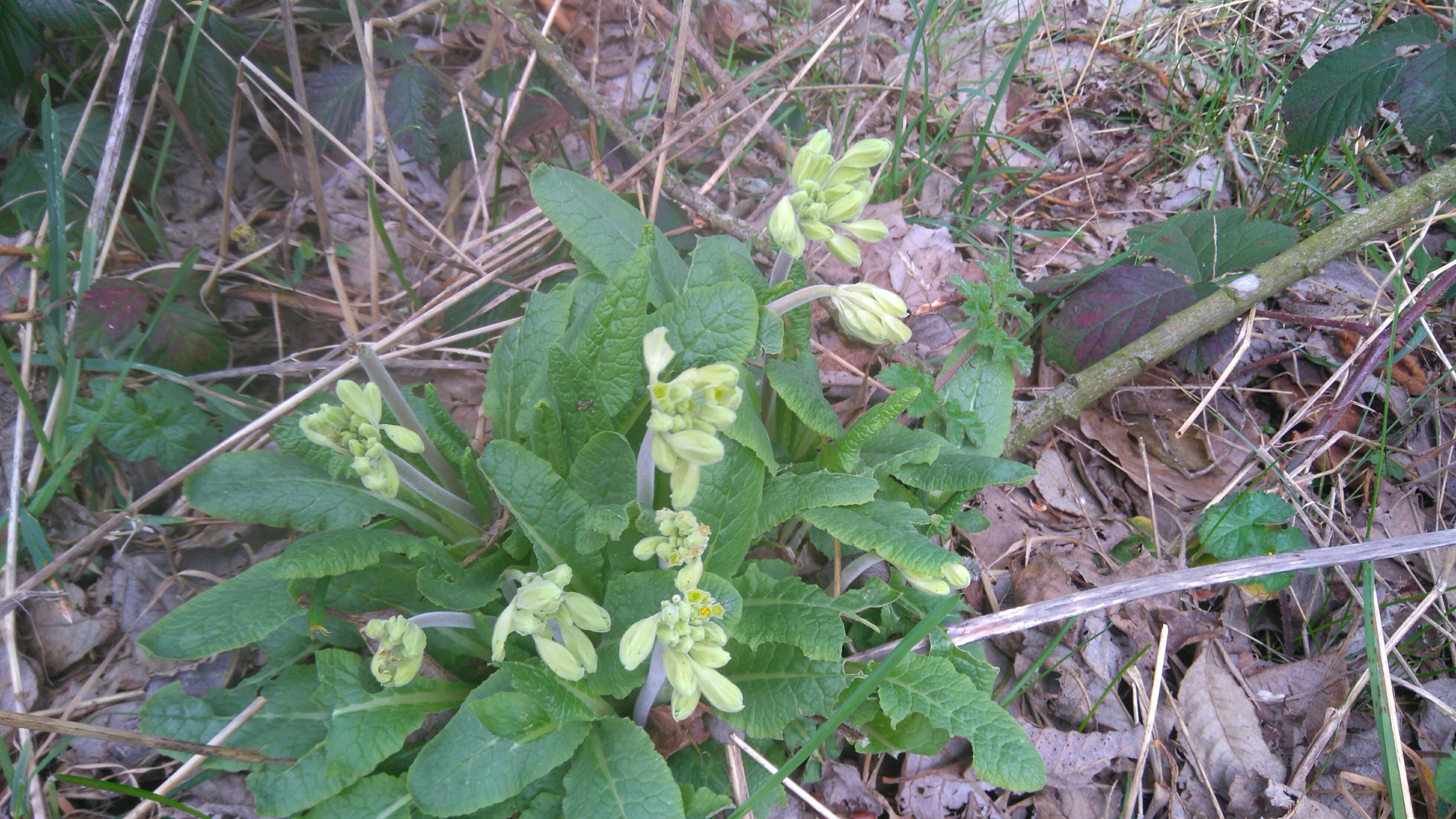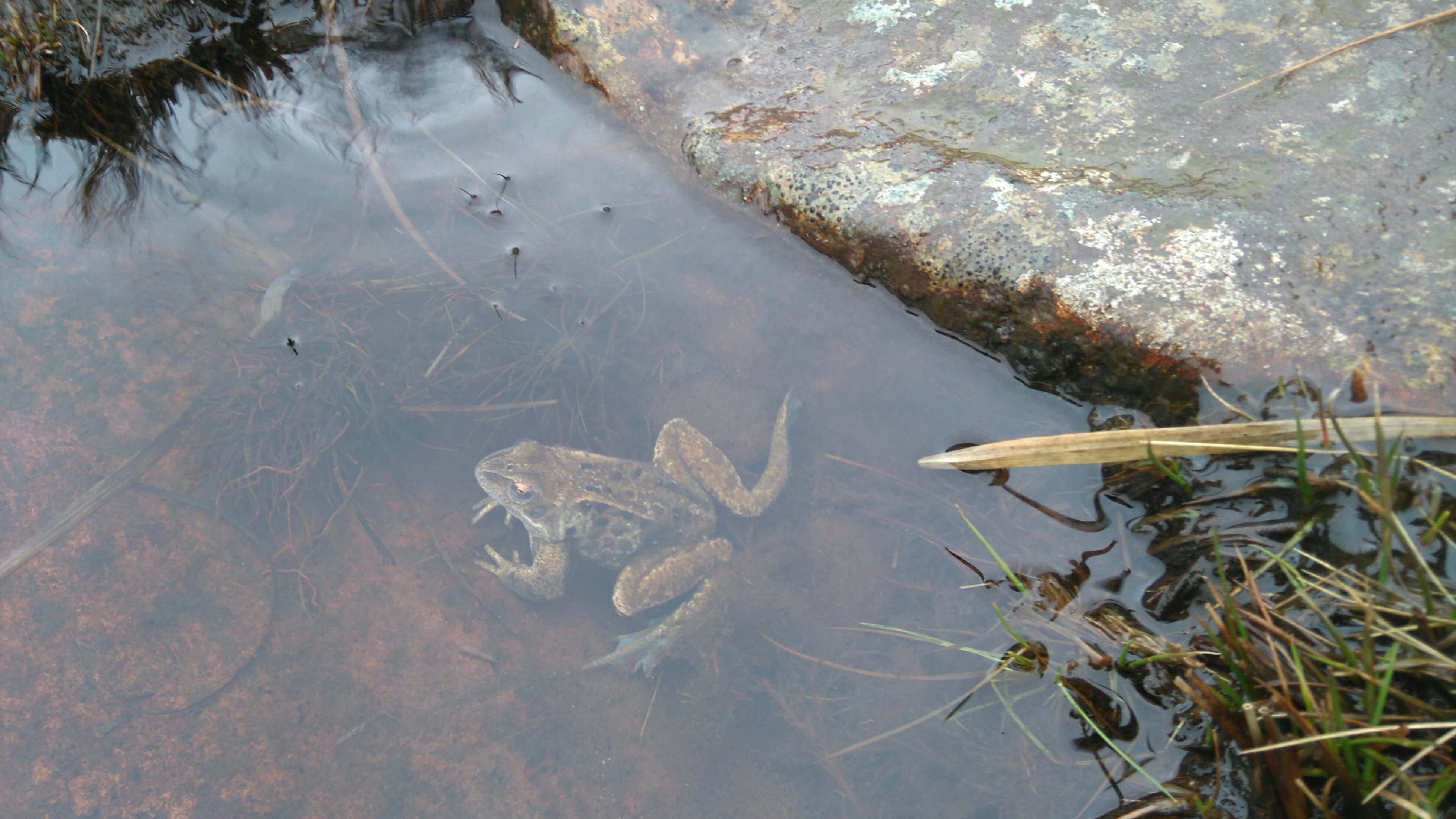Dear Benedict
Even after 3 days it’s a challenge to write to you again! Developing positive habits isn’t easy for a 21st century woman. Much easier to turn over in bed again, look at my social media or eat chocolate, so it’s good to be reminded to ‘Stir yourself’.
I’ve known communities of people that didn’t seem able to stir themselves. Passionate about nothing, unengaged, going through the motions of worship and service, I found them draining me too. It didn’t seem to matter how much of my own passion and enthusiasm for the gospel I poured into such situations, it all just soaked through the cracks and disappeared. The realisation that I was gradually becoming more angry in such contexts was eventually enough to enable me to walk away.
And try again.
I remember having depression about 20 years ago and how I struggled to stir myself. A thin grey blanket shrouded me and the workings of my mind and body were gradually replaced by woolly stuffing. I struggled to connect with my family and friends and with the world around me. I shut myself away in our small house and hoped it would go away. That there was, one evening a turning point, amazes me still.
It was sunset. The sun had gone down behind the ridge line of the hill and the dark night curtain was creeping across the land, much as the darkness seemed to have crept over me. But the sun had not entirely gone. There was a line of yellow, orange and purple reaching up from where the sun had been. The vivid colours arrested me. I could only gawp at them. And then I got some pastel crayons and paper and swept those colours over it, rubbed them with my fingers and let the amazement grow.
After that, I did it again and again. More colours, more paper and ever so gradually the light came back. I had stirred myself in response to something that had stirred me.
In these COVID times often think of Julian or Norwich, agreeing to become an anchorite in a small church in East Anglia in the 14th century. After all of Europe had been decimated by the Black Death, and possibly her whole family had died, she took a vow to remain sequestered for the rest of her life. I know that you don’t promote the solitary life in your Rule (maybe it never worked out for you, maybe you were just called to a different project) but she has often inspired me, as the first recorded woman to write a book in English. I think of her in her cell and what it might have meant to stir herself as she went about her day in such a small space. Probably she had the hours of prayer and worship to give her day some structure and she had people who called to speak with her. Maybe she had a cat.
I’m not a cat person but I don’t begrudge one to Julian. And she probably had a candle. So there she was alone with cat and candle and thoughts. As the darkness came on, maybe it would be time to stir herself and light the candle, or stroke the cat.
A proverb: It’s better to light a candle than curse the darkness (the origins of this proverb are uncertain).
From the Gospel: The light shines in the darkness and the darkness has never extinguished it.
Stir me.
From a Friend of Scholastica and a Member of the Lay Community of St Benedict.



